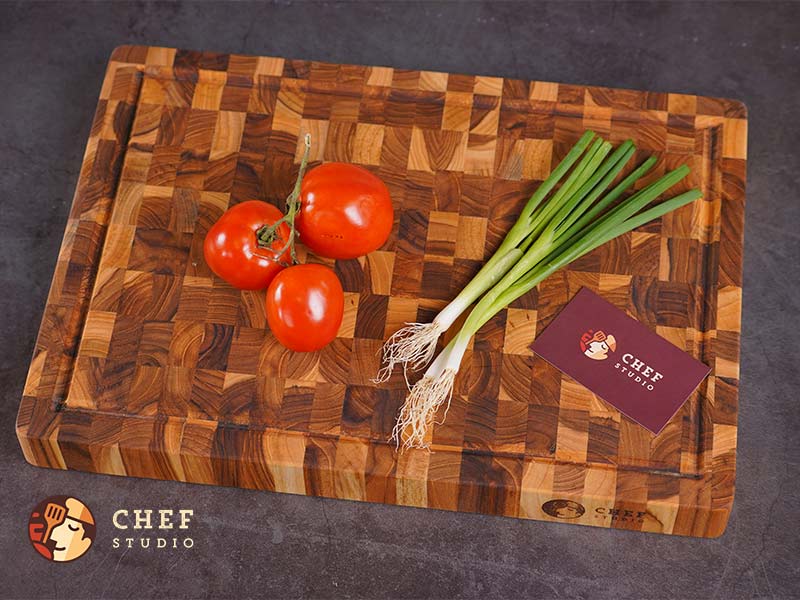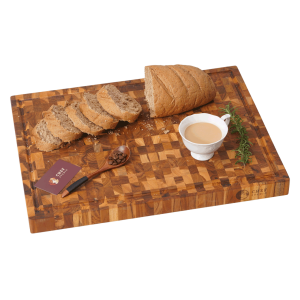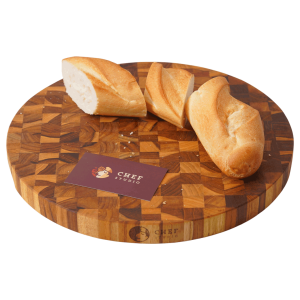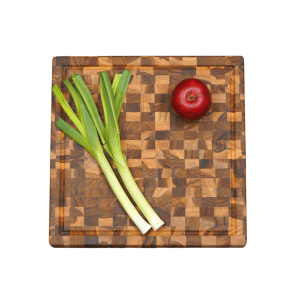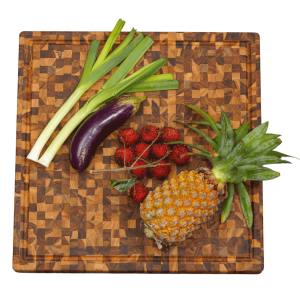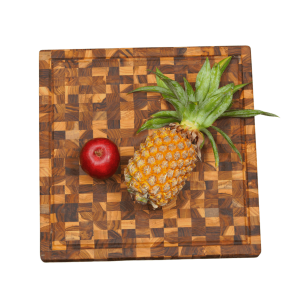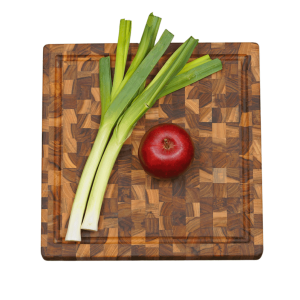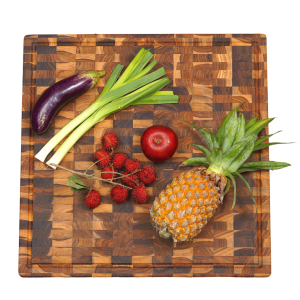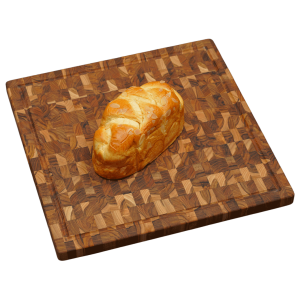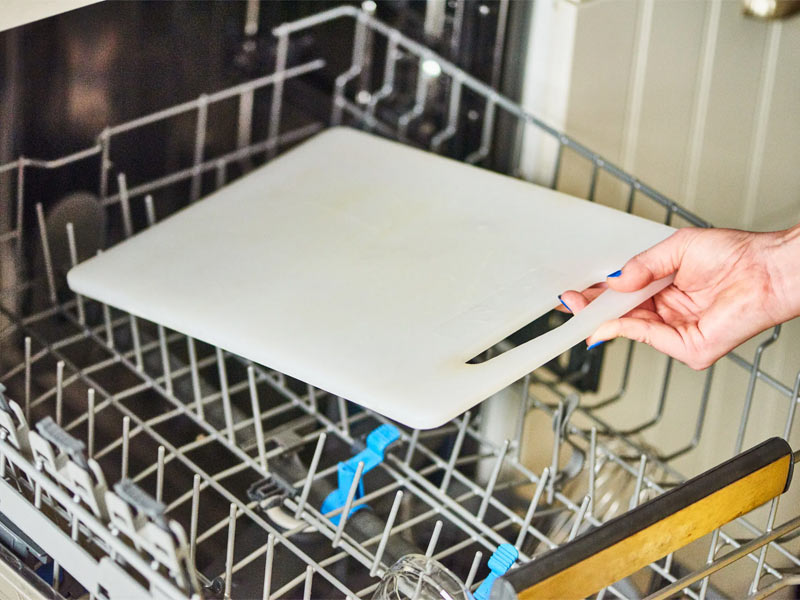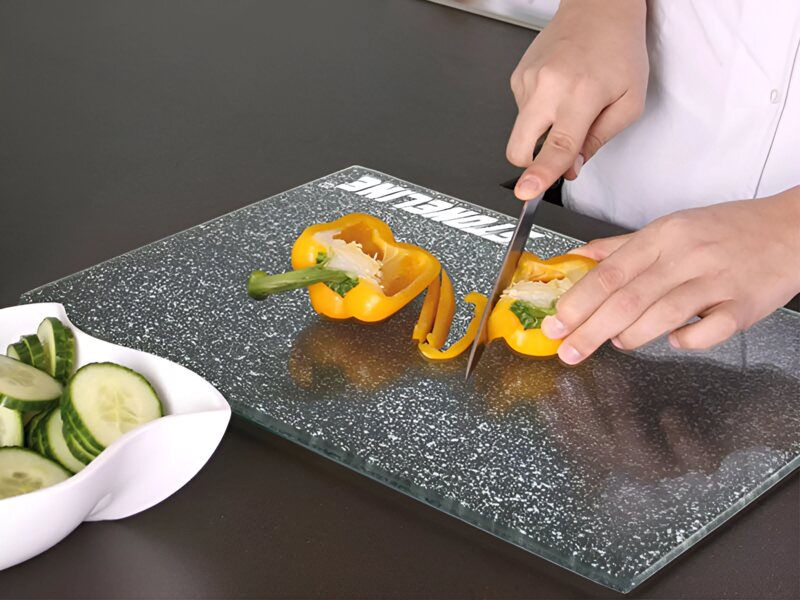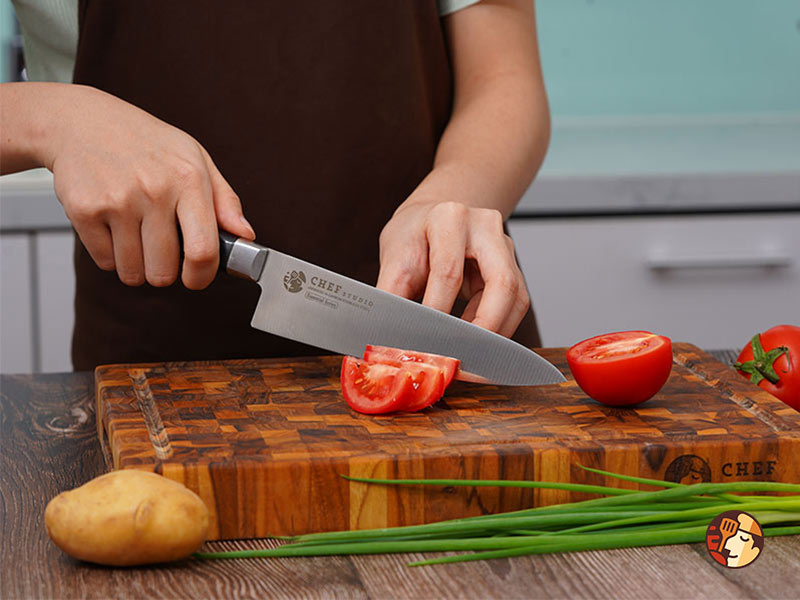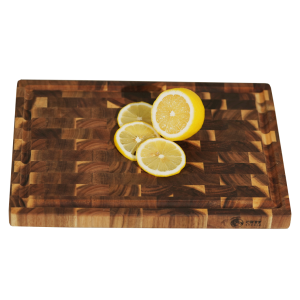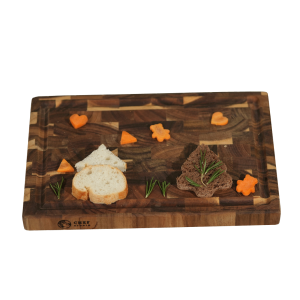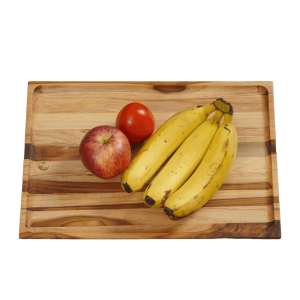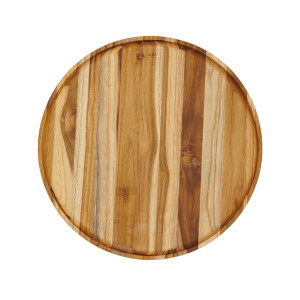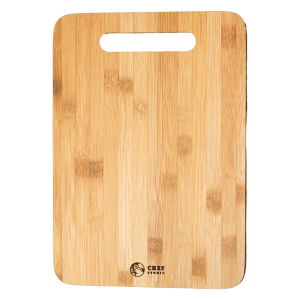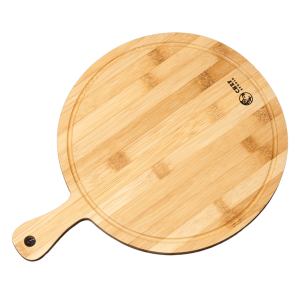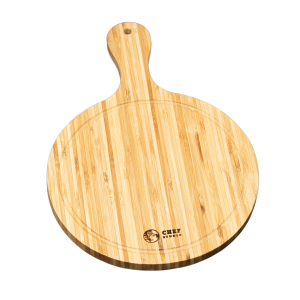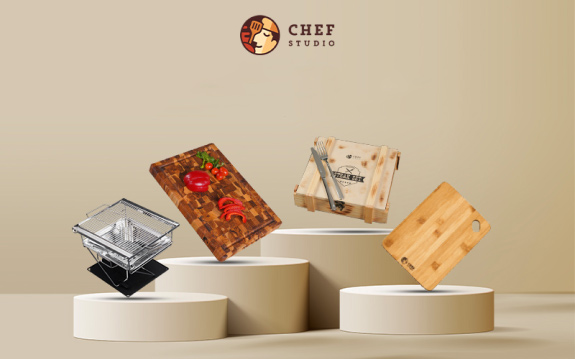Are wooden cutting boards dishwasher safe?
Wooden cutting boards are kitchen staples, but are wooden cutting boards dishwasher safe? In this article, Chef Studio will explore whether wooden cutting boards can withstand the dishwasher’s heat and moisture. Dive in to find out can a wooden cutting board go in the dishwasher now!
Can wooden cutting boards go in the dishwasher?
Wooden cutting boards are a staple in many kitchens, prized for their natural beauty and durability. However, when it comes to cleaning, it’s important to handle them with care. While some wooden cutting boards may boast being dishwasher safe, it’s generally advised against putting them in the dishwasher.
The combination of high heat and moisture in the dishwasher can adversely affect the wood over time. Exposure to these conditions may cause the wood to warp, crack, or split, compromising the integrity of the cutting board.
Additionally, if you put the wooden cutting board in the dishwasher, the harsh detergents can strip away the natural oils in the wood, leading to drying and deterioration. To preserve the beauty and longevity of your wooden cutting board, it’s best to hand wash it with mild soap and warm water and promptly dry it afterward. Regular oiling with food-safe oils like mineral oil or coconut oil can also help maintain its quality and appearance.
Which cutting board can go in the dishwasher?
Can you put a wooden cutting board in the dishwasher? The answer is no, as wooden cutting boards are generally not dishwasher safe. However, there are other types of cutting boards that can withstand the dishwasher. Continue reading to discover which ones are dishwasher-safe and learn how to choose the right cutting board for your kitchen needs.
Plastic cutting board
Plastic cutting boards are a popular choice in many kitchens due to their durability, affordability, and ease of cleaning. They are lightweight, making them easy to handle, and come in various sizes and colors to suit different needs and preferences.
One of the advantages of plastic cutting boards is that they are generally dishwasher safe, unlike wooden cutting boards in dishwashers, making cleanup a breeze. However, it’s important to check the manufacturer’s instructions to ensure that your specific plastic cutting board can safely withstand the heat and detergent used in dishwashers.
Plastic cutting boards are also non-porous, which means they are less likely to harbor bacteria compared to other materials like wood. This makes them a hygienic option for food preparation, especially when handling raw meat, poultry, or seafood.
Glass cutting boards
Glass cutting boards are a sleek and modern option for any kitchen. They offer a non-porous surface that is resistant to stains and odors, making them easy to clean and maintain. Their smooth surface also prevents the growth of bacteria, making them a hygienic choice for food preparation.
One of the key advantages of glass cutting boards is their durability. They are highly resistant to scratches, cuts, and heat, making them suitable for cutting even the toughest ingredients. Additionally, glass cutting boards are non-absorbent, which means they won’t retain odors or flavors from food.
Another benefit of glass cutting boards is their versatility. They can be used for a variety of cutting tasks, including chopping fruits, vegetables, meats, and more. Their transparent surface also allows you to see through to the countertop, making it easier to align and cut ingredients precisely.
While glass cutting boards are dishwasher safe, it’s important to handle them with care to avoid chipping or breaking. They should be placed gently in the dishwasher and stacked away from other heavy items to prevent damage.
Tips for choosing the best cutting board
Choosing the best cutting board for your kitchen can make a significant difference in your cooking experience. Here are some tips to help you select the right cutting board:
- Material: Consider the material of the cutting board. Common options include wood (like Acacia or Teak wood cutting board), plastic, bamboo, and glass. Each material has its advantages and disadvantages, so choose one that fits your needs and preferences. Wood and bamboo are durable and gentle on knife blades, while plastic and glass boards are easy to clean and sanitize.
- Size: Choose a cutting board that fits your countertop space and cooking needs. A larger board provides more cutting surface area and can accommodate larger ingredients, while a smaller board is easier to store and maneuver.
- Thickness: Opt for a cutting board that is thick enough to withstand heavy use and prevent warping or bending. Thicker boards are more durable and less prone to damage from knife cuts.
- Knife-friendly surface: Look for a cutting board with a knife-friendly surface that won’t dull or damage your knives. Wood, bamboo, and plastic cutting boards are softer and gentler on knife blades compared to glass or stone boards.
- Maintenance: Consider the maintenance requirements of the cutting board. Wood and bamboo boards require regular oiling to keep them moisturized and prevent drying and cracking. Plastic and glass boards are dishwasher-safe and easy to clean, making them low-maintenance options.
- Remember, it’s generally not recommended to put a wooden cutting board in the dishwasher. The high heat and moisture can cause warping, cracking, or splitting over time. It’s best to hand wash wooden cutting boards and dry them immediately to prolong their lifespan.
- Safety features: Choose a cutting board with safety features such as non-slip grips or feet to prevent it from sliding around on the countertop while you’re cutting. Some cutting boards also come with built-in juice grooves to catch excess liquids and prevent messes.
- Multipurpose use: If you’re tight on kitchen space or budget, consider a cutting board that can double as a serving platter or cheese board. This allows you to get more use out of your cutting board and reduces the need for additional kitchen gadgets.
By considering these factors, you can choose the best cutting board for your kitchen that meets your needs in terms of durability, functionality, and ease of maintenance.
In conclusion, the article above has provided a clear answer to “Are wooden cutting boards dishwasher safe?” and which chopping board can go in the dishwasher. Hopefully, with Chef Studio’s tips, you can confidently select a cutting board that meets your specific requirements and kitchen preferences.

